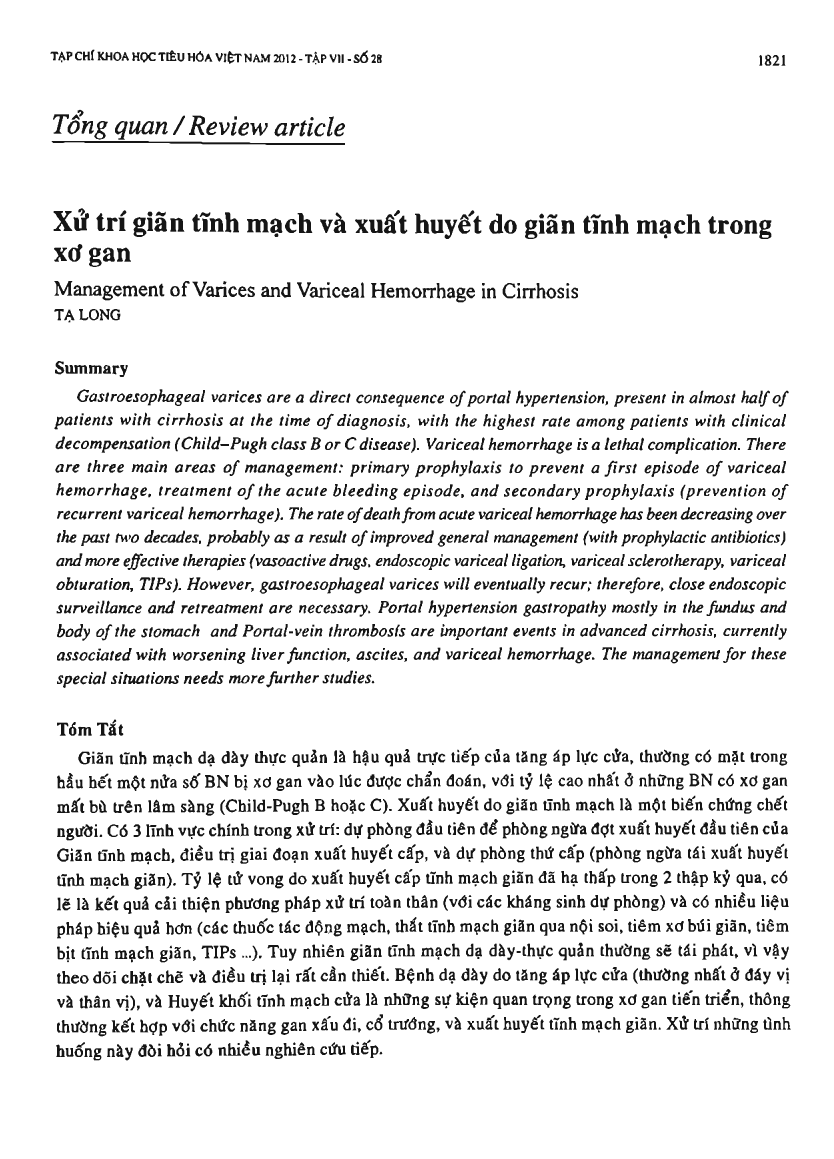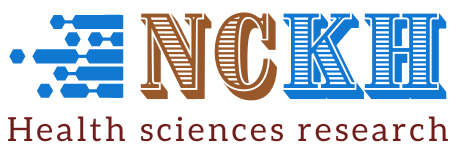
Gastroesophageal varices are a direct consequence of portal hypertension, present in almost half of patients with cirrhosis at the time of diagnosis, with the highest rate among patients with clinical decompensation (Child-Pugh class B or C disease). Variceal hemorrhage is a lethal complication. There are three main areas of management: primary prophylaxis to prevent a first episode of variceal hemorrhage, treatment of the acute bleeding episode, and secondary prophylaxis (prevention of recurrent variceal hemorrhage). The rate of death from acute variceal hemorrhage has been decreasing over the past two decades, probably as a result of improved general management (with prophylactic antibiotics) and more effective therapies (vasoactive drugs, endoscopic variceal ligation, variceal sclerotherapy, variceal obturation, TIPs). However, gastroesophageal varices will eventually recur; therefore, close endoscopic surveillance and retreatment are necessary. Portal hypertension gastropathy mostly in the fundus and body of the stomach and Portal-vein thrombosis are important events in advanced cirrhosis, currently associated with worsening liver function, ascites, and variceal hemorrhage. The management for these special situations needs more further studies.
- Đăng nhập để gửi ý kiến
